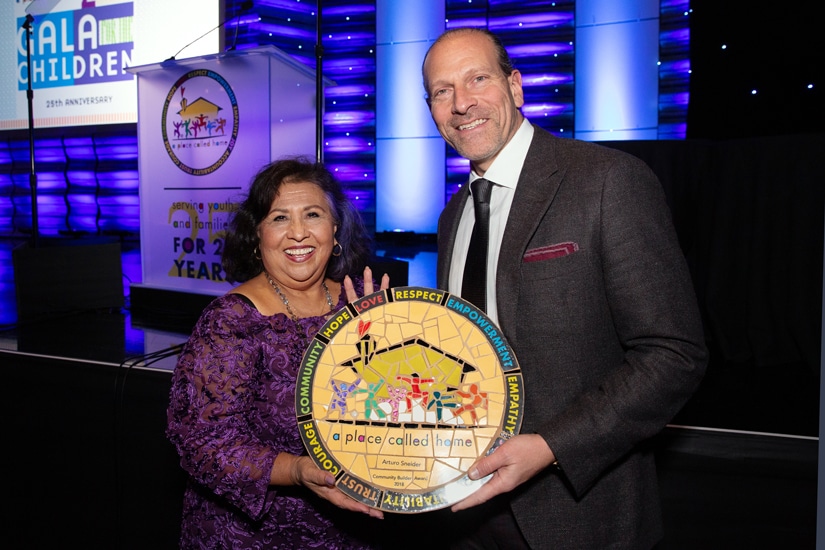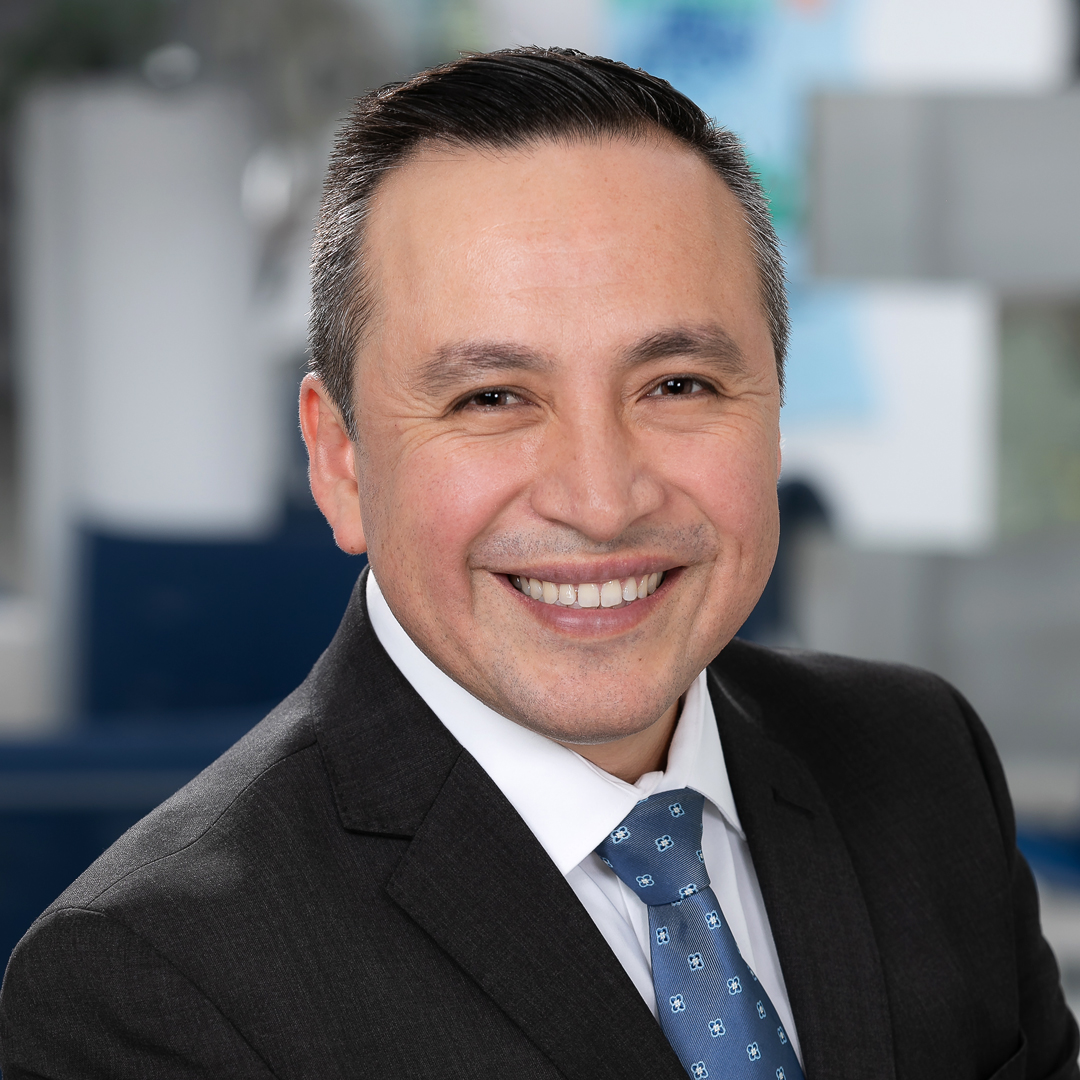|
Getting your Trinity Audio player ready...
|
To many, activism and the real estate industry might not seem like a likely pair. But as CEO of Culver City, California–based Primestor Development, Arturo Sneider takes an activist approach in all the work his company does to boost marginalized communities that have historically been passed over or misunderstood by other developers.

Photo: Courtesy of Primestor Development
Over the past twenty-eight years, Sneider and his team at Primestor have continued to make strides on major development projects in underserved communities in Southern California and elsewhere. Recent work includes the launch of an urban infill fund to build up underutilized properties in Latino neighborhoods, a massive commercial redevelopment at the historic Jordan Downs public housing complex in Los Angeles, and an initiative to explore the possibility of converting Primestor itself to an employee-owned business.
“I would qualify this as a labor of love,” Sneider says. “Our activism takes shape in real estate because we think that we can create, in the built environment, a very tangible, distinct, positive change—and in some small way, make people’s lives better.”
Sneider moved to the US from Mexico City in 1986. A job working in a restaurant kitchen brought him into the culture and life of the Latino community in Mexico’s neighbor to the north, and it was an eye-opening experience.
“I started understanding the disconnect in the lives of what we understood to be our community, and how we were perceived in the US—and the very different realities,” he says.
Sneider also started to familiarize himself more with parts of Los Angeles where neighborhoods struggled with violence, poverty, and disinvestment. That’s what piqued both his anger and his interest in working to solve those problems, eventually leading him and his business partner to create Primestor Properties in 1992. The company became Primestor Development in 1999.
Those early years brought plenty of challenges. It took Sneider and his partner nearly a decade to learn the business and also to educate other players in the real estate industry on the opportunities that existed in underserved markets. They faced constant rejection along the way. Since its early days, though, Primestor has grown into an industry leader. With a portfolio valued at more than $750 million, the company manages 3.3 million square feet of property in four states.
Since 2014, the company started focusing more on urban infill, mixed-use, and transit-oriented development in Latino communities and is in the midst of raising significant capital funds for such projects. Plenty of cities around the country had already pivoted to build more of that type of mixed-use development, “but in Latino neighborhoods there has been none of that,” Sneider says. The company recently completed a project in Mission Hills, Los Angeles, that repositioned a large, underused retail property and brought major name brands into a community where demand for them was high.
At Jordan Downs, the historic public housing complex in Los Angeles’s Watts neighborhood, Primestor is finishing up work on a commercial redevelopment project comprising new retailers, a supermarket, a fitness center, and more. A guiding principle through all of Primestor’s work, Sneider says, is the crucial understanding that a community knows itself better than any outsider could.
“Often, companies, developers approach underserved communities in the way that, ‘We’ve come here to . . . save you or bring you something special, be thankful for it.’ We don’t think of it that way at all,” he says. “We approach it as: we have the privilege to make real change in a positive way and we want to understand your history and what you think is possible.”

Sneider’s commitment to and awareness of the neighborhoods in which Primestor operates has long been championed by the company’s business partners. “Arturo always brings a visionary approach to his work, immersing himself into each phase of the process,” explains Greg Lyon, chairman of Nadel Architects. “He approaches every project by seeking authenticity in design, resulting in destinations that speak to the aspirations of their respective communities. Nadel Architects is privileged to have the opportunity to contribute our expertise to Arturo and Primestor.”
A large part of driving community change and empowering people comes down to jobs, Sneider says. Primestor Development focuses on local hiring for construction, vendors, contractors, and more. Internally, Primestor is taking its value of worker empowerment to the next level by exploring the possibility of becoming an employee-owned business. The company is working with the University of California San Diego’s Beyster Institute—which focuses on research and education around employee ownership—to chart a path in that direction.
Both within the company and on its development projects, inclusion is at the forefront of Primestor’s work, Sneider says. In the communities where it invests, Primestor doesn’t simply show up with an idea of what it wants to build, he says. Rather, the process is very open, broad-based, and collaborative.
“It is our responsibility to ensure that in some way, shape, or form, we are fundamentally improving the communities we serve for the long term by listening and understanding what the community wants and what their needs are—what their real, day-to-day life is,” he says.

